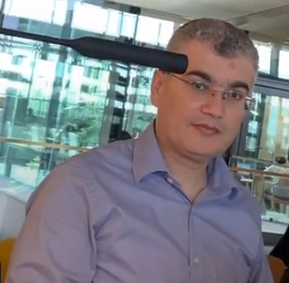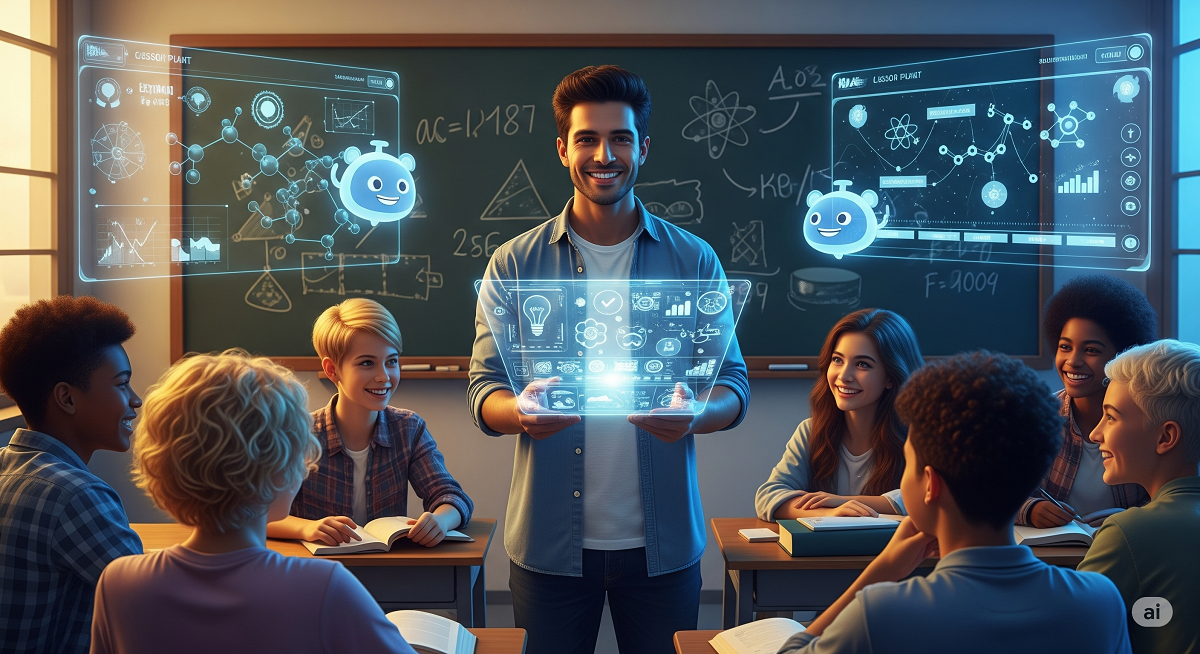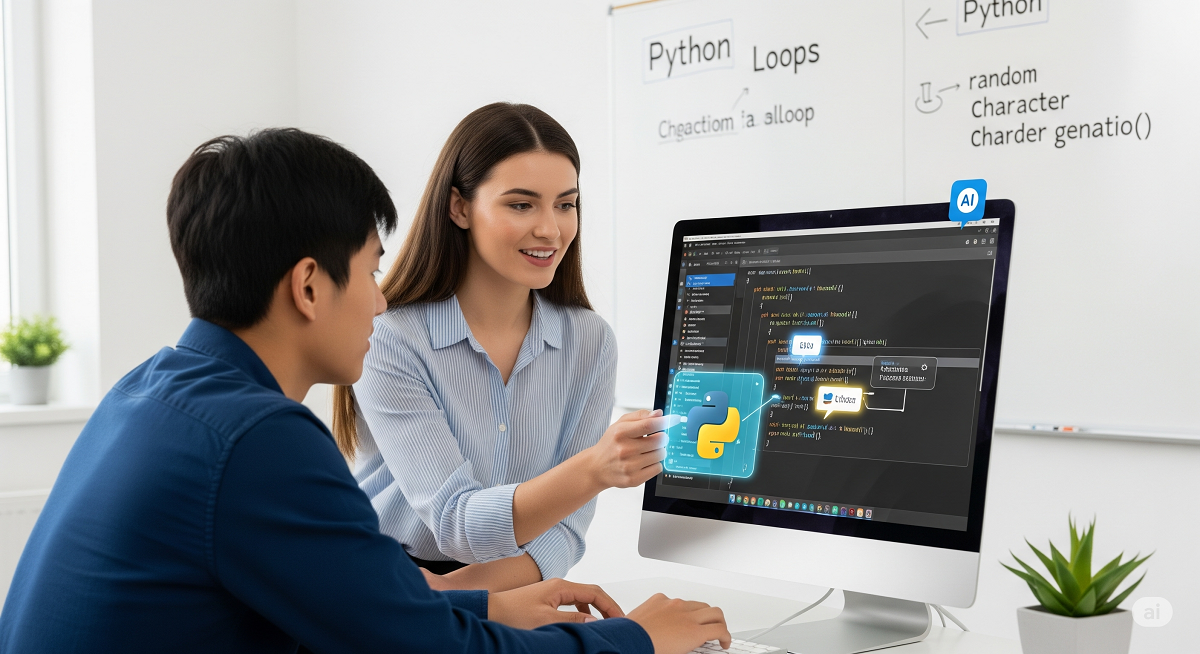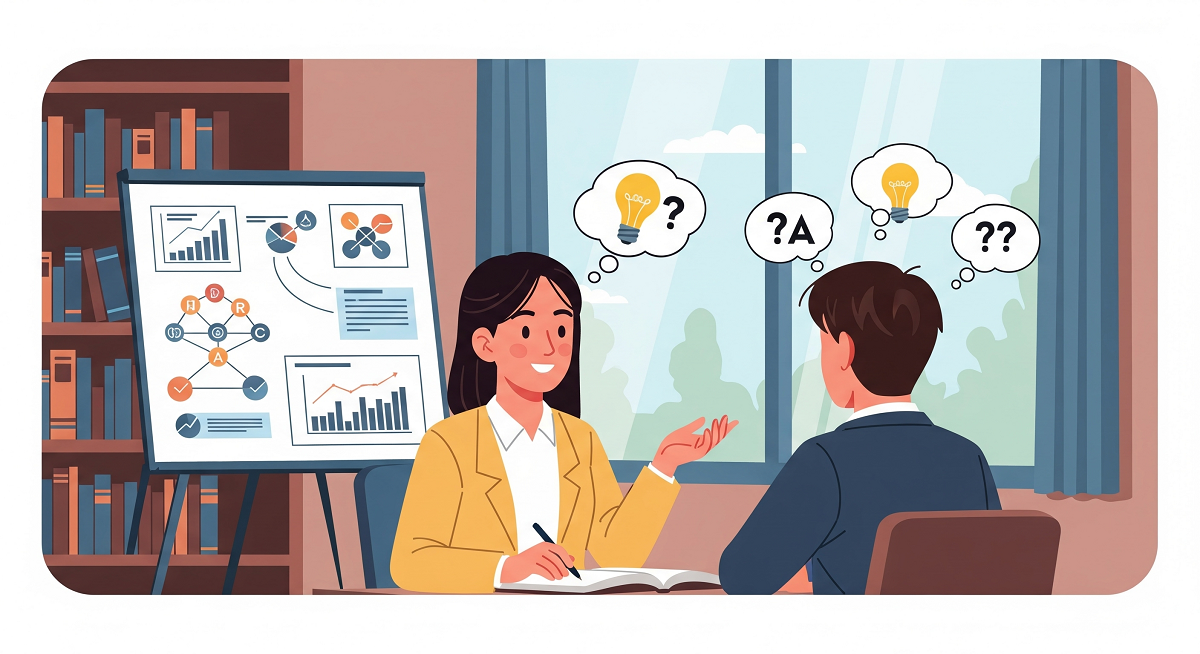10 Most Common AI Questions from Students — Answered by a Computer Science Tutor
xc
🧠 What Students Ask Most About AI — A Computer Tutor’s Perspective
As a computer science tutor with nearly two decades of experience, I’ve seen trends shift from syntax memorization to full-blown code automation using AI tools. These days, the most common questions I get during tutoring sessions aren’t just about Python or Java—they’re about AI.
Here’s a breakdown of the 10 most frequently asked AI-related questions from students and what I usually explain, based on real conversations.
1. Can You Detect AI-Written Homework?
Short answer: No, not reliably.
AI detectors are flawed and often biased, especially against non-native English speakers. They tend to mislabel human-written essays as AI-generated if the writing lacks complexity. Even OpenAI admits their tools can’t guarantee accurate detection.
2. Can I Use ChatGPT to Do My Homework?
You can, but should you?
AI can help with brainstorming and revision, but relying entirely on it stunts your development. As a tutor, I recommend using AI as a tool, not a crutch.
3. Why Are My Assignments Being Flagged as AI-Written?
This happens when your writing style matches patterns that AI detectors associate with AI content—simple vocabulary, short sentences, or predictable grammar.
My tip: Add more personal voice, variation, and critical thinking to your writing.
4. Is It Ethical to Use AI in Class Projects?
It depends on your school’s policy.
As a tutor, I advise students to disclose their use of AI and focus on learning from it rather than letting it replace their thought process.
5. Can AI Help Me Learn Programming Faster?
Yes—if used correctly.
I often teach students how to use AI to debug, comment code, or visualize algorithms—not just generate solutions.
6. What’s the Best AI Tool for Students?
In my experience:
-
GPT-4 (via ChatGPT Plus): Best for in-depth explanations and projects.
-
Claude 2: Great for handling large texts and logical tasks.
-
Google Gemini (Bard): Decent, improving rapidly.
7. Can AI Help with Exam Preparation?
Definitely, but use it to test your knowledge, not cheat.
I often simulate exam environments using AI quizzes combined with manual practice sessions to build genuine understanding.
8. What Are the Risks of Relying on AI?
-
Losing critical thinking skills
-
Getting falsely accused of cheating
-
Submitting inaccurate or generic content
9. Will AI Replace Tutors?
Not likely.
AI can answer, but it can’t empathize, adapt, or mentor the way a human tutor does. My job is to guide—not just grade.
10. What’s the Future of AI in Education?
Homework as we know it is evolving. Educators will need to redesign assignments to be more personal, interactive, and less copyable.
Tutors like myself are preparing students for that future.
Final Thoughts: Empowering Students in the AI Era
AI is here to stay—but so are educators, mentors, and human creativity.
As your tutor, I’ll help you use AI wisely, keep your skills sharp, and stay ahead in a world where technology and talent must work hand in hand.







